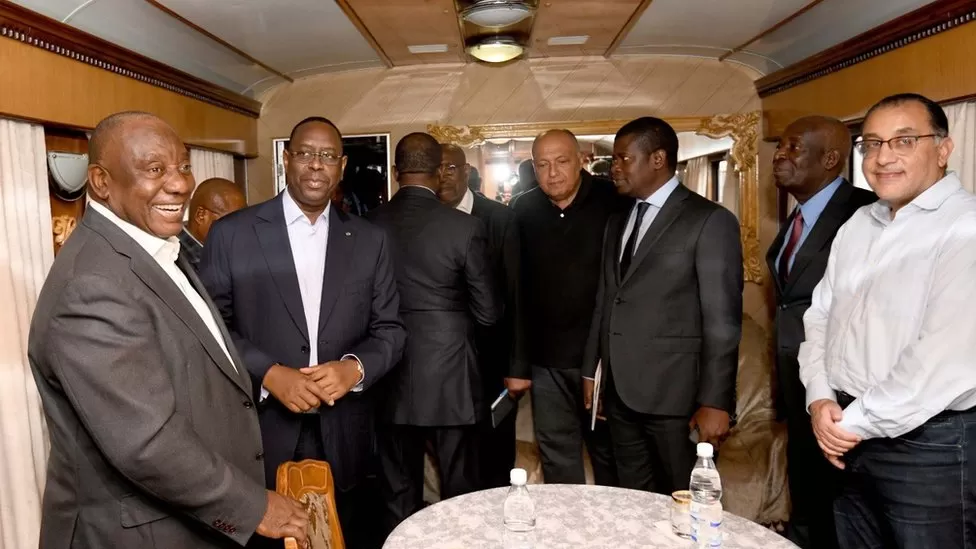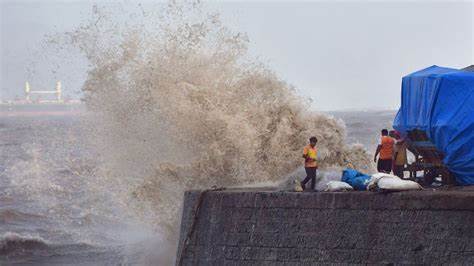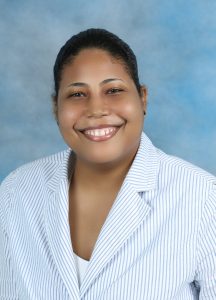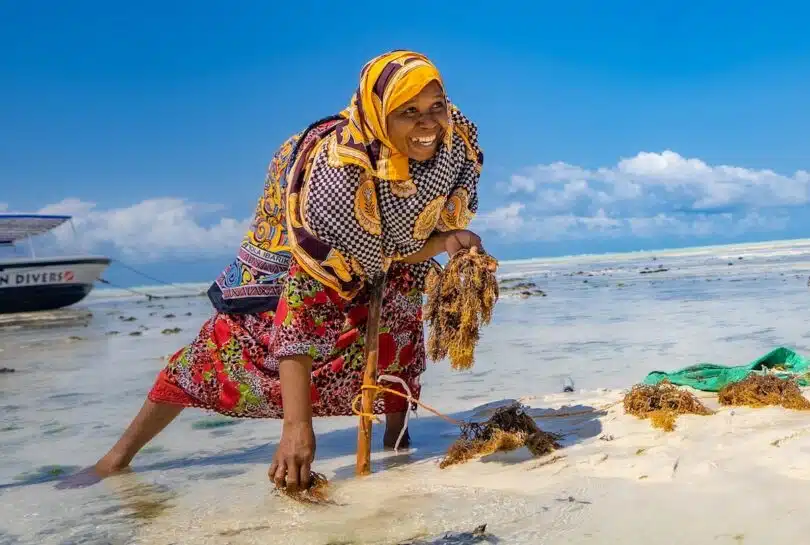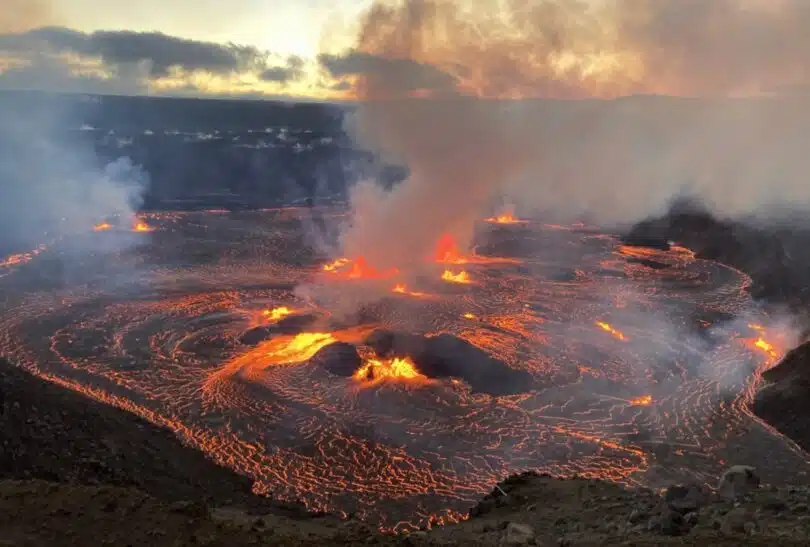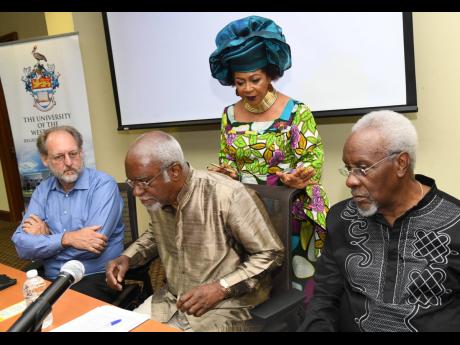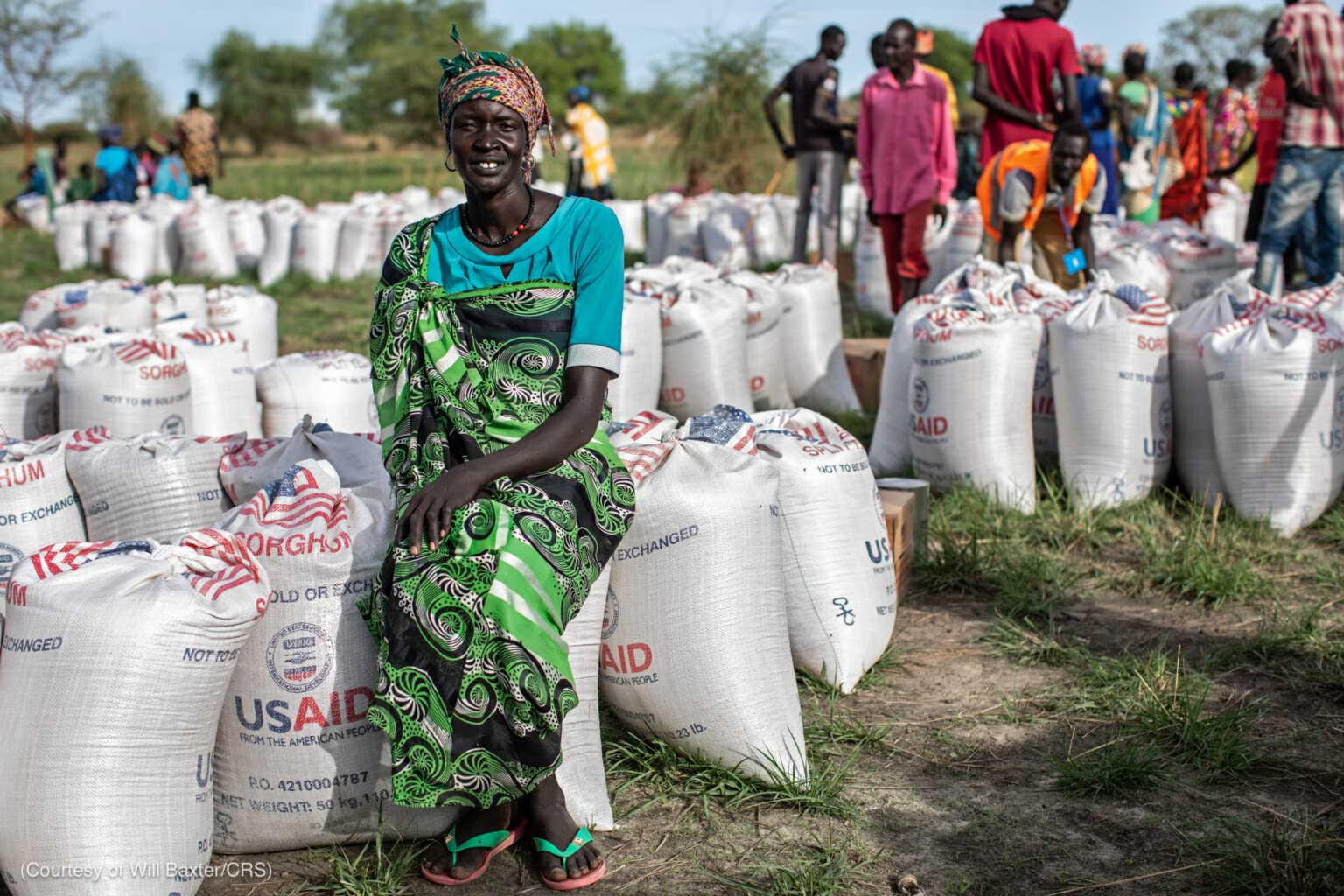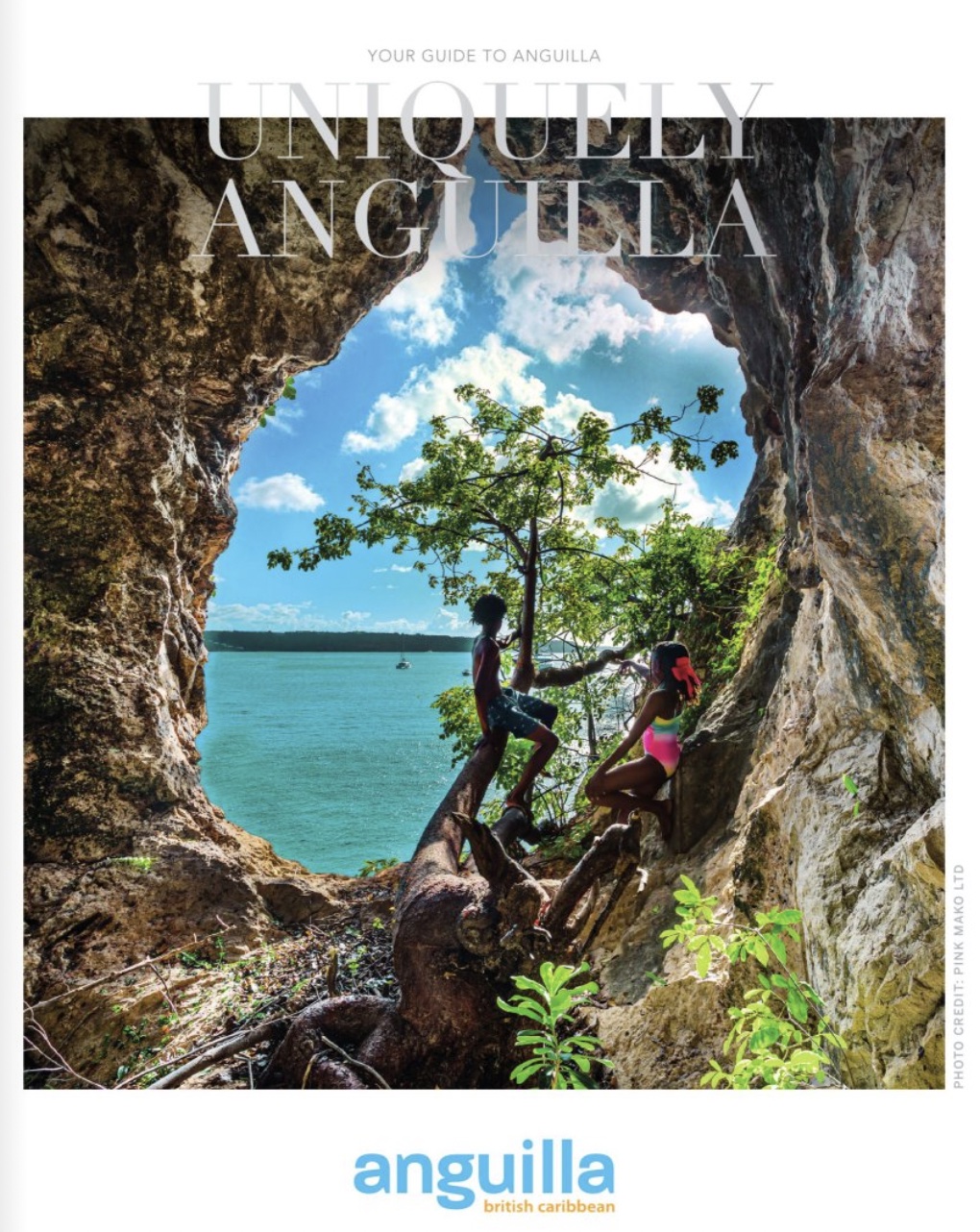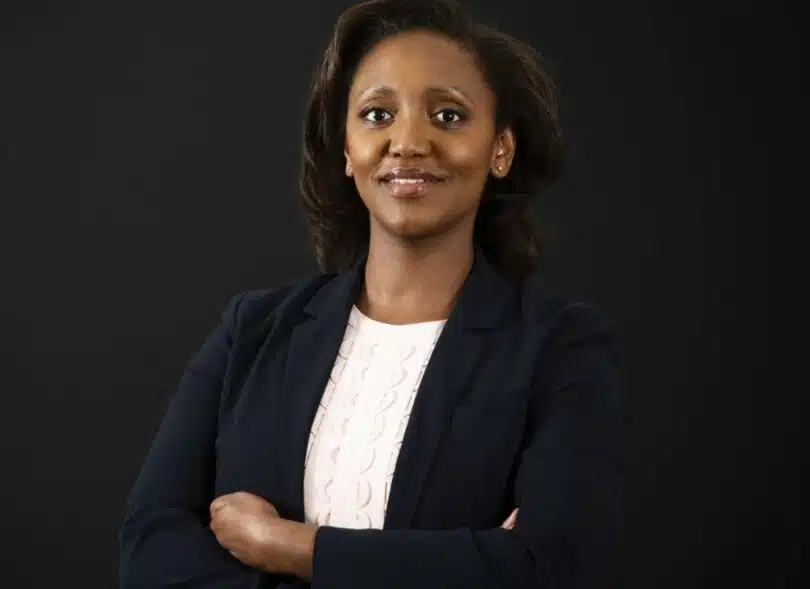Hajj sources positive emotions – studies show
Several international research institutes and centres have developed a growing interest in the Islamic Hajj pilgrimage season, one of the largest annual human gatherings on earth, with some US and British universities publishing research papers proving that Hajj is an abundant source of positive human emotions.
Some of these papers found that Hajj supports the principles of tolerance and peace among pilgrims, facts that are considered as a testimony by neutral parties for the benefit of the Saudi Ministry of Hajj and Umrah, as well as other Saudi authorities who strive to provide millions of pilgrims with a modern yet spiritual atmosphere.





